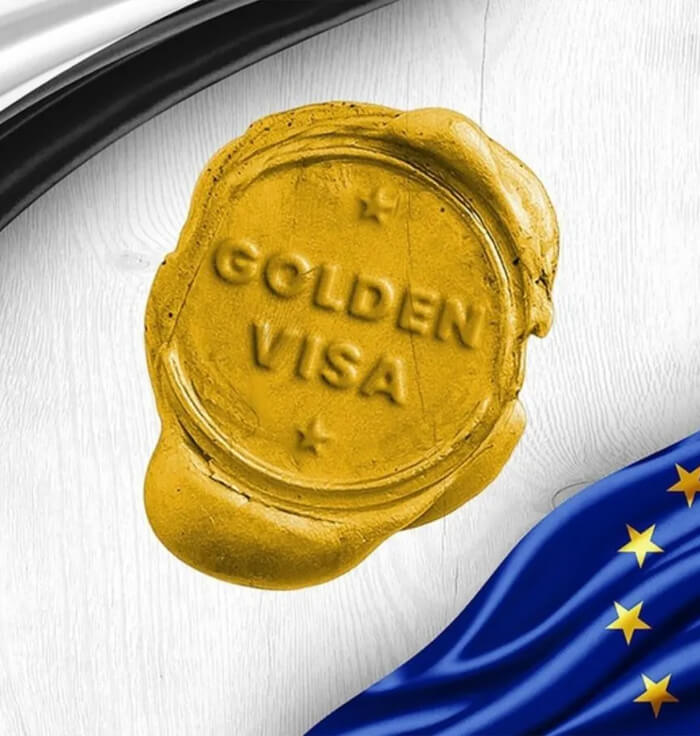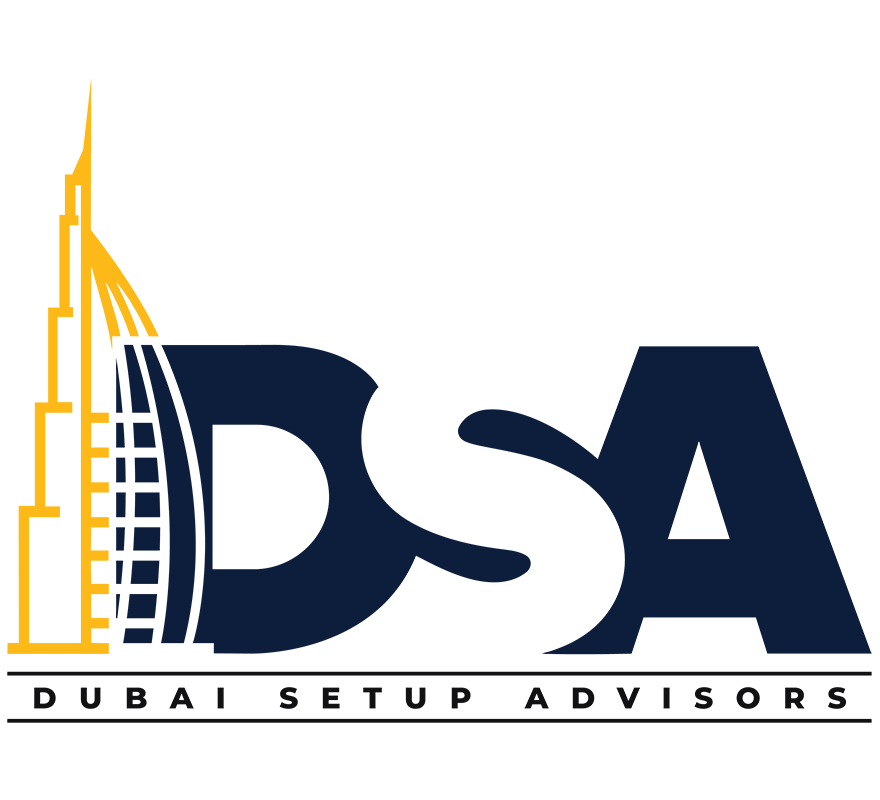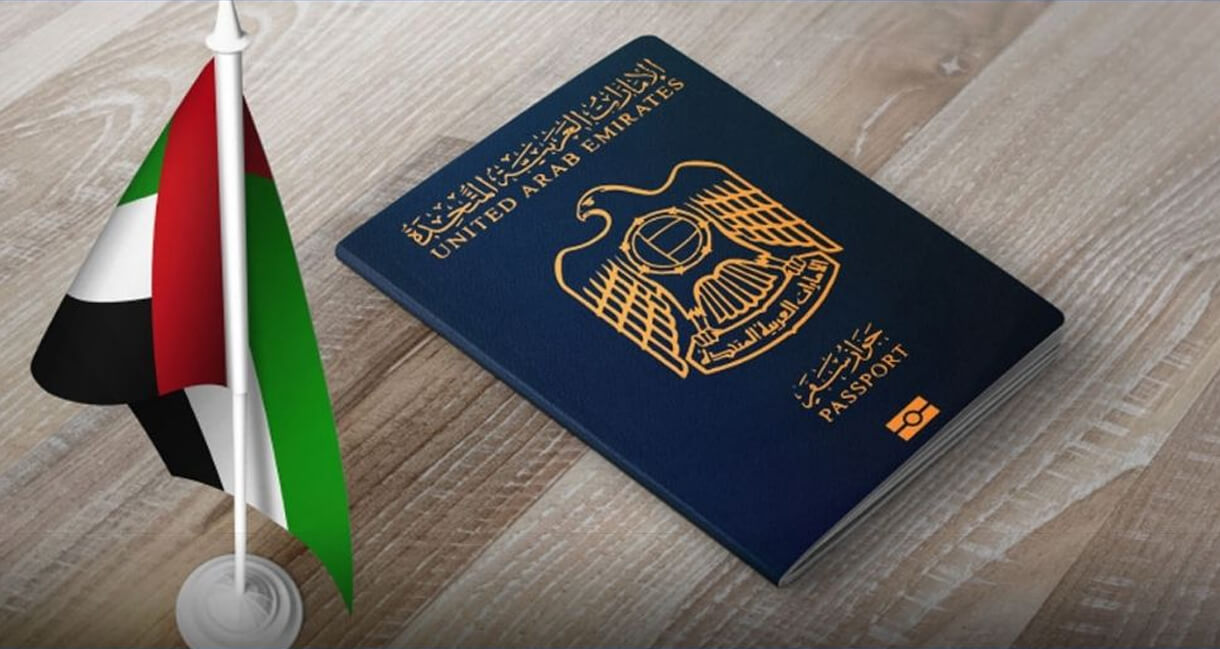Steps to Apply for a Residency or Citizenship Program
1. Define your objectives and choose the right program. Clarify whether your priority is immediate global mobility, a safe family base, or a long-term pathway to EU citizenship. DSA’s experts analyse your goals and suggest suitable programmes from the Caribbean, Europe or the Middle East.
2. Prepare documentation and funds. Gather passports, birth and marriage certificates, police clearances, proof of address, medical reports and financial statements demonstrating the legal origin of funds. Decide on an investment route: a government contribution, real-estate purchase, bond subscription or fund investment.
3. Conduct preliminary checks and submit an application. DSA will coordinate with government-approved agents to pre-screen your eligibility and ensure all documents are properly notarised and translated. Applications are then submitted to the relevant agency along with the investment or deposit.
4. Undergo due diligence and await approval. Governments conduct background checks to verify the applicant’s integrity and financial standing. Processing times range from two months for fast-track Caribbean citizenship programmes to nine months for some European residency schemes. Our team monitors the application and responds to any information requests.
5. Complete investment and receive permit or passport. Once approved, complete the investment (if not already done) and take the oath of citizenship or collect your residence card. For residency programmes, you may need to register biometrics and renew your permit periodically.
How DSA Can Help in Residency & Citizenship Programs
FAQs – RAK ICC Offshore Company Formation








